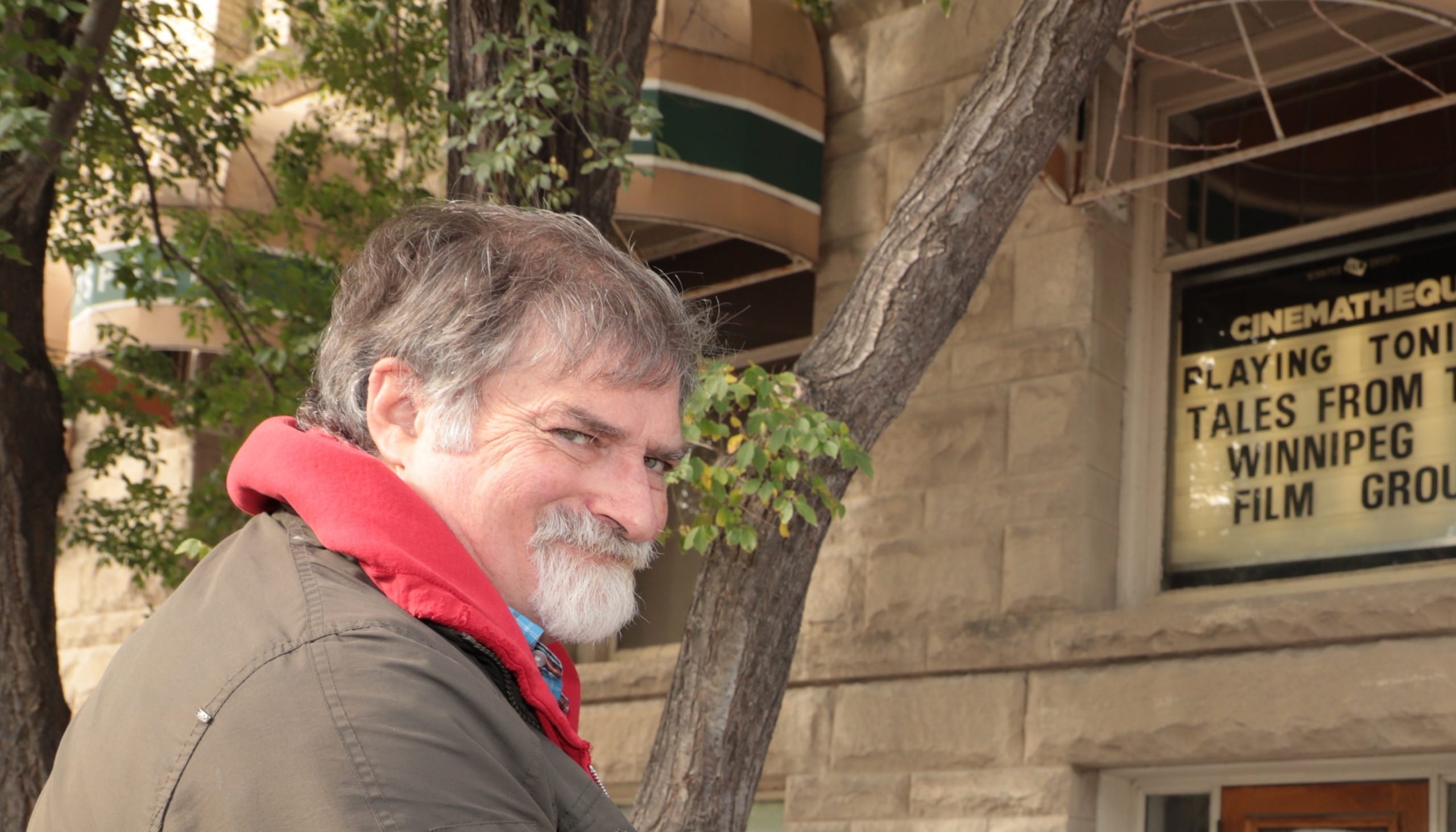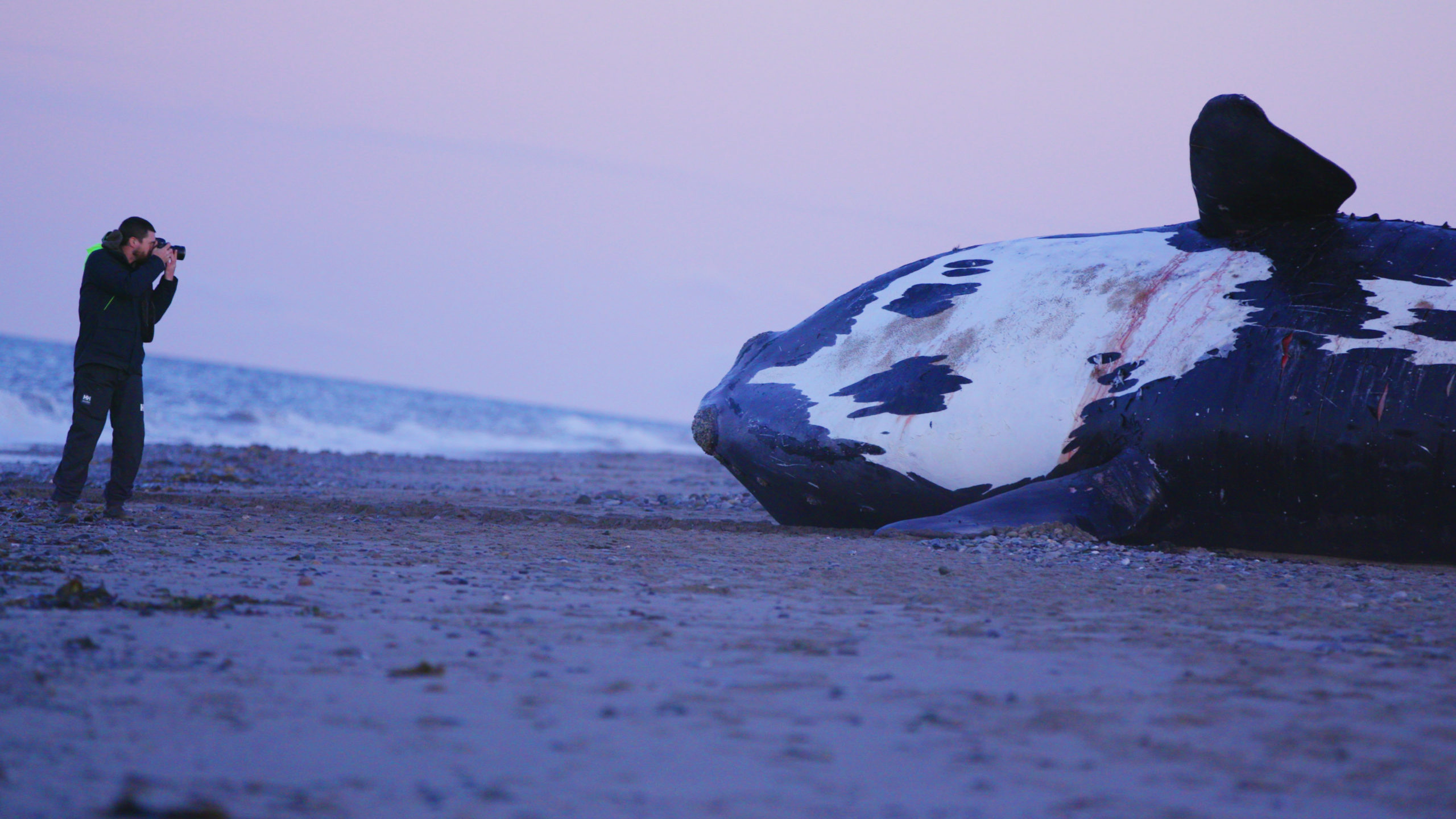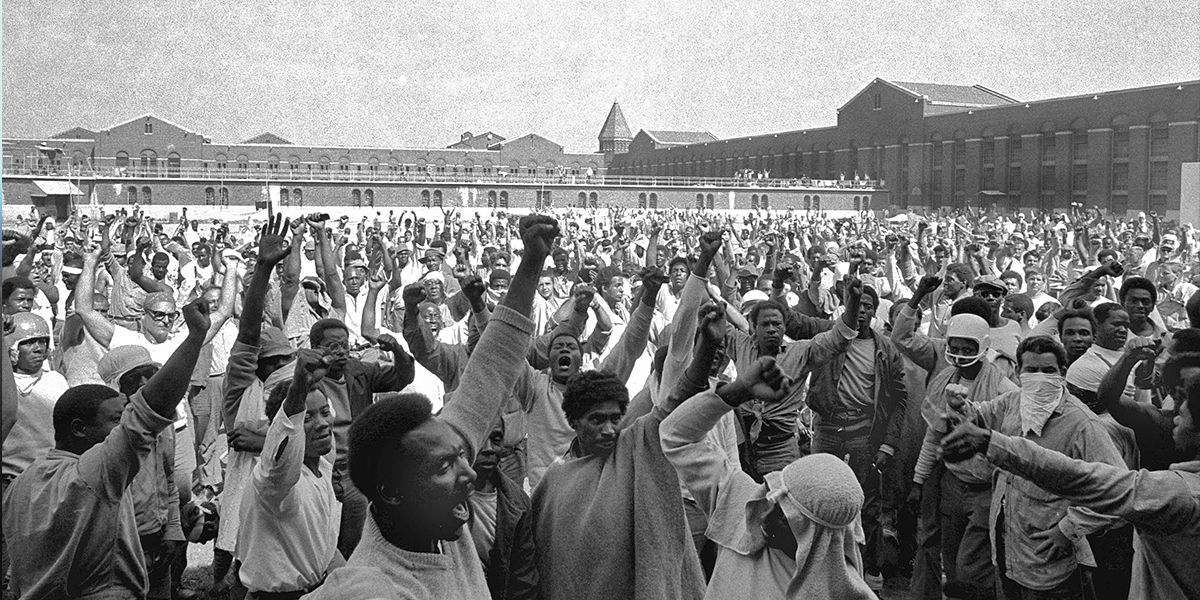I agree with Wallace Stegner who wrote, “culture is a pyramid to which each of us brings a stone.” Some of us are cornerstones. Winnipeg Cinematheque Programmer Dave Barber was this, and so much more. I join cineastes in Winnipeg and across Canada to grieve the loss of his passing last week from complications from emergency intestinal surgery. He was 67.
The Programmer
Dave had an early attraction to cinema. Besides playing with Super 8 cameras in his youth, he organized a film club at his high school, securing prints from the NFB to show to his peers. It was a sign of things to come. After graduating University of Manitoba, he responded to an advertisement to be the first programmer for the Winnipeg Cinematheque in 1982, a new initiative from the Winnipeg Film Group. In the early years Dave programmed, ran the box office, and operated the projector to keep costs down. Eventually the theatre gained the stability for Dave to focus on booking films. It was here that Dave came into his own, developing a reputation as a champion of local filmmakers and a sympathetic programmer of independent Canadian and foreign films.
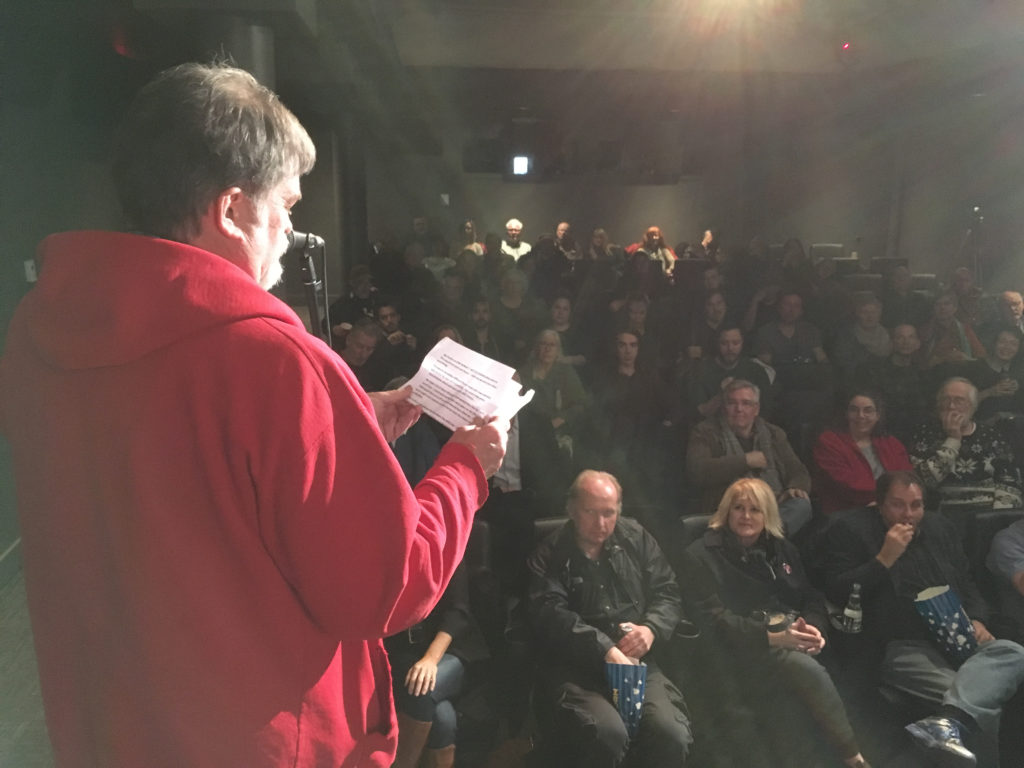
Not only did Dave have a gut instinct for picking interesting films, but he also knew how hard he had to work to get people to the theatre. His car was littered with stacks of the monthly Cinematheque program guide that he delivered to cafés across the city. Dave mastered the art of spinning screenings into something bigger—a filmmaker Q&A, a panel discussion, or even all-you-can-eat breakfast cereal before an animated feature. One of my fondest memories of his creative programming was a weekend retrospective with documentary filmmaker Les Blank. Before the showing of the documentary Garlic Is as Good as Ten Mothers, Dave had a chef from a local restaurant serve roasted garlic in the lobby of the Cinematheque. The whole theatre was thick with the smell of garlic as we watched Blank’s delicious documentary.
Dave was creative in his programming but what really set him apart was his quiet introverted personality. He had his own way of making connections through his annual pilgrimages to TIFF and Hot Docs where he hunted for new films to bring home to the Cinematheque. If you met Dave in line for a screening or at a reception after, he was always generous with introducing you into the circles he frequented. He did his work quietly and confidently over the decades despite seismic shifts to the cinema landscape brought on by format changes, competition from big box Hollywood theatres, home movie rentals, and the rise of streaming services. Dave’s career spanned it all.
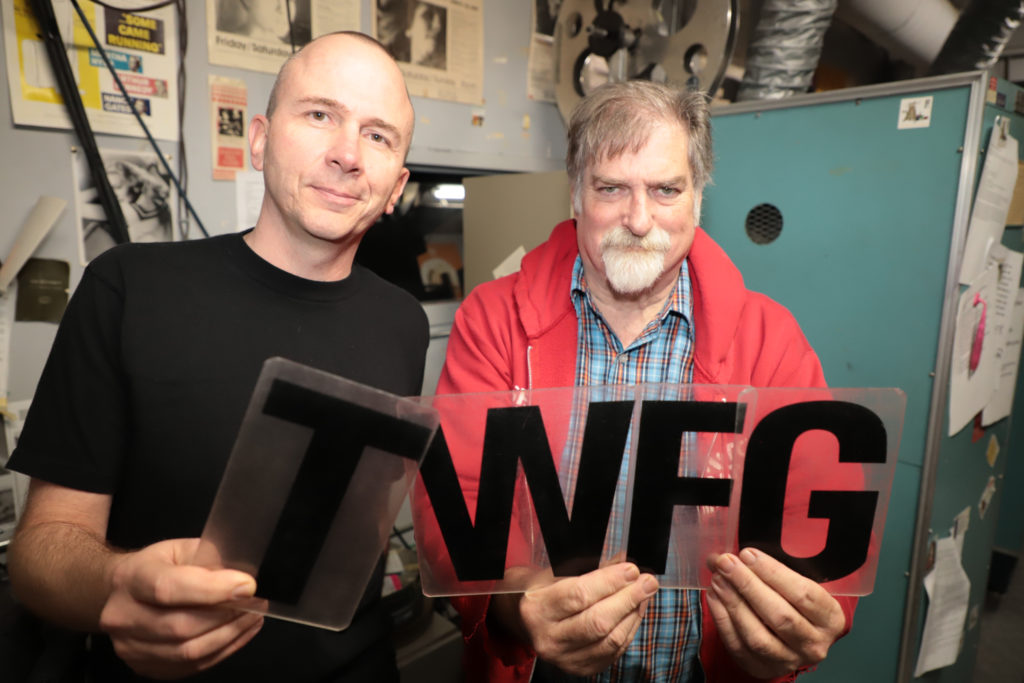
The Filmmaker
Dave’s passion for cinema included filmmaking. A signature event in the Winnipeg community is the WNDX Film Festival’s One Take Super 8 Contest in which participants shoot a roll of film, submit it to the festival and see their footage freshly developed and uncut for the first time at the screening. Dave’s entry was called Would the Real Dave Barber Please Stand Up — a documentary about his receiving the Queen’s Diamond Jubilee Award, only to discover at the ceremony that it really was meant to be given to Dave Barber, the climate change scientist. The hilarious film went on to play Hot Docs and various other film festivals. Dave and I co-directed a feature documentary Tales from the Winnipeg Film Group, exploring the history of the artist-run centre he knew so well. Our next collaboration, a documentary on the early years of the Winnipeg Folk Festival, is currently in production.
Local Icon
Dave’s tenure at the Winnipeg Film Group was the longest of any staff member at the organisation. His consistent and friendly presence in the office, and through his programming of local premieres for emerging filmmakers made him a friend and champion to many—and a recognizable face to the public. He began to make cameo appearances in local films. A screen print of his face advertised the Cinematheque on mugs, buttons and t-shirts. Social media videos for the Cinematheque used him for brazen and hilarious spots promoting sales of tickets to independent film. The best one showed a prophet-like Dave walking sidewalks during rush hour with a sandwich board demanding people support local independent cinema.
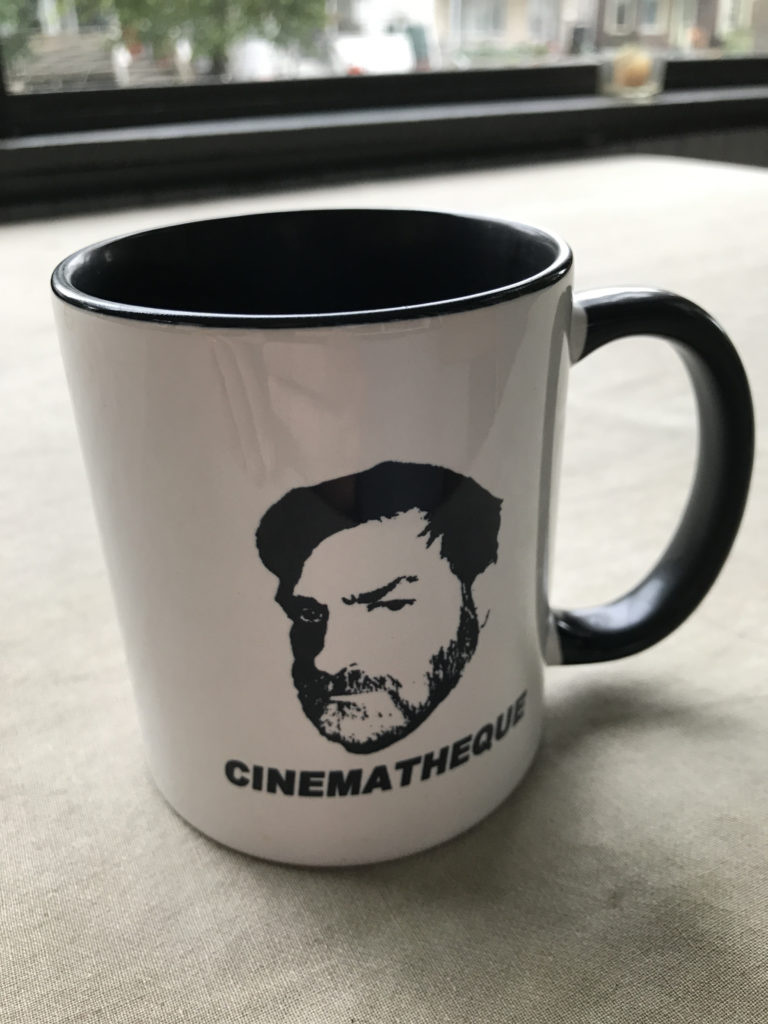
Dave’s Legacy
For independent filmmakers, access to screens across the country has been the next challenge after managing the nearly impossible feat of finishing a film. Dave’s Cinematheque was an oasis on the trek across the desert. He replied to their emails and answered every phone call. His role as programmer of the Cinematheque meant that he could be a huge influence on the emerging career of a young filmmaker. He worked tirelessly to promote Canadian cinema, and more importantly, to quietly build the local film community. Dave made the Cinematheque and independent film his life’s work. The fact that it is thriving as it is today has much to do with the crucial role he played as programmer of the little screen he made his own. As we conducted interviews for our co-directed documentary Tales from the Winnipeg Film Group, time after time filmmakers gave a salute to Dave for his generosity and support. It was obvious how important he was to so many people.
His passing was a devastating loss for many of us because Dave was such a great friend and collaborator. The Winnipeg Film Group is in process of renaming their theatre the Dave Barber Cinematheque. But I don’t think that Dave would have wanted too much fuss made over him: he’d rather give more support to independent films. We’re faced with the difficult task of filling a huge void with the loss of our Dave Barber. He inspired and supported a lot of talented people and was so quietly brilliant himself. The next generation of Winnipeg filmmakers have such an advantage as they continue to build the pyramid of culture even higher.




